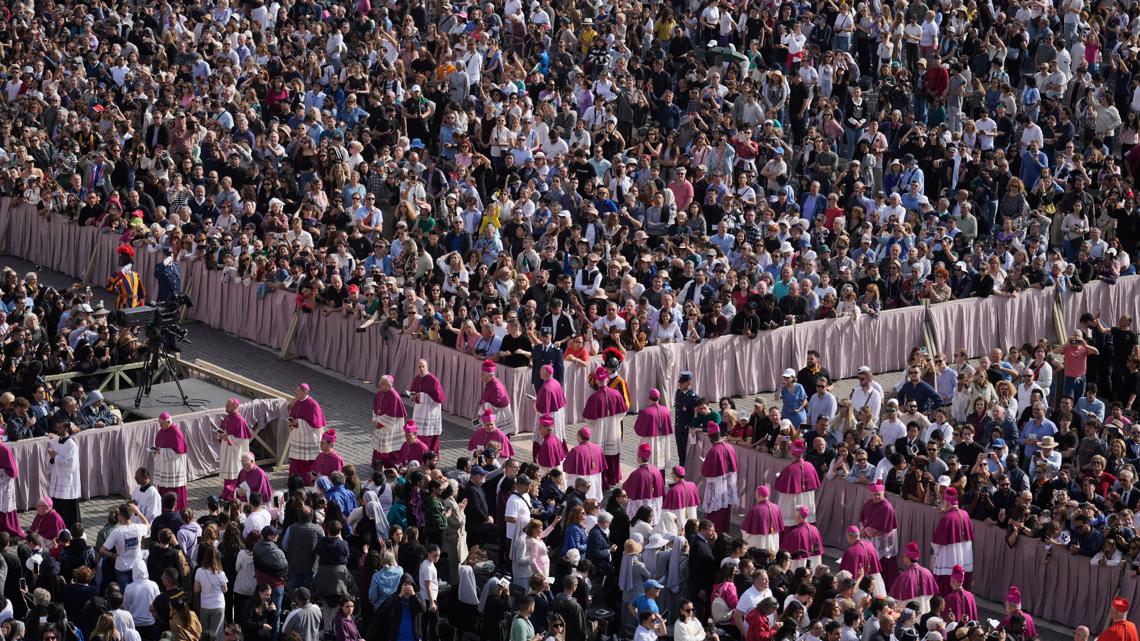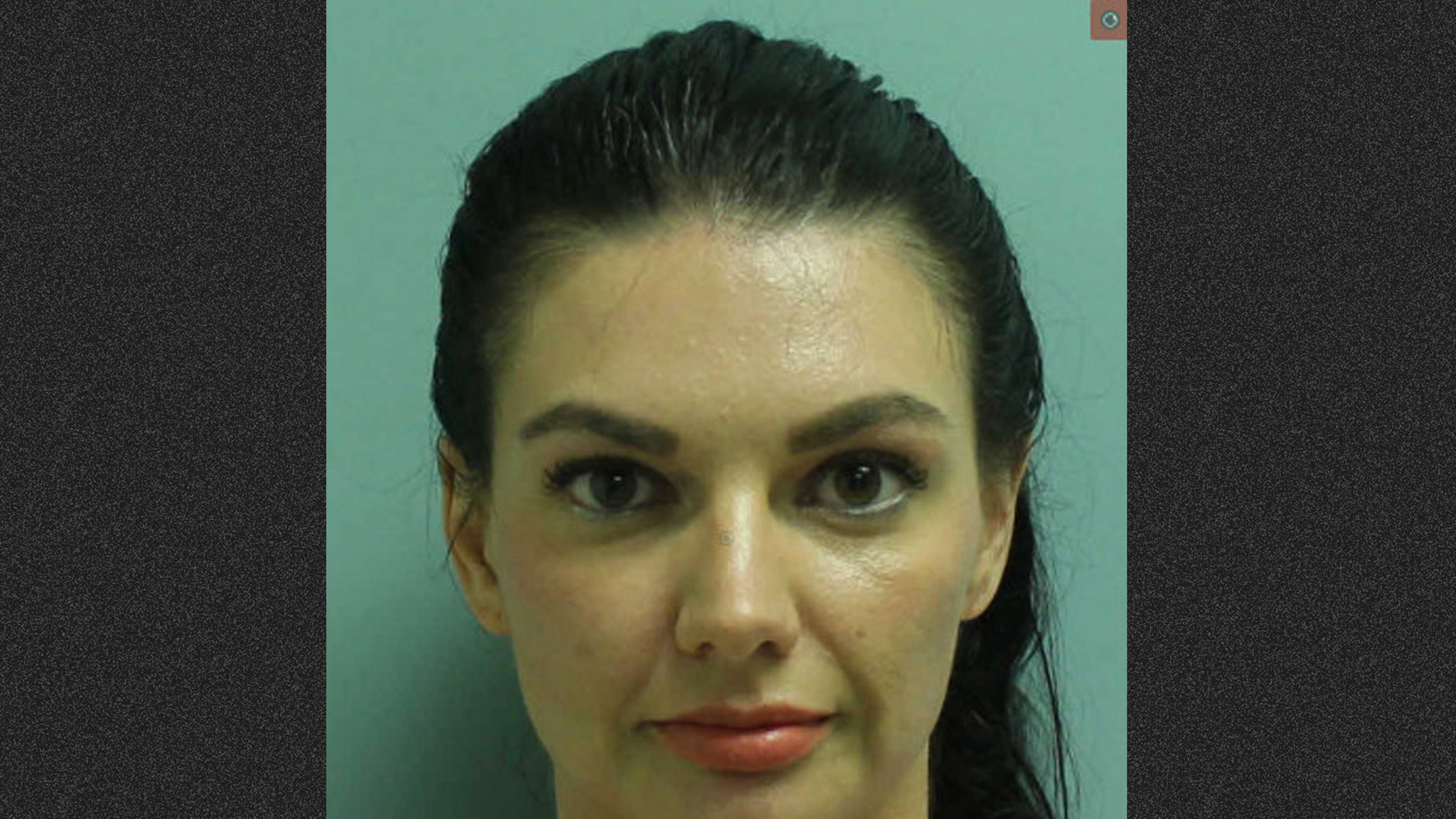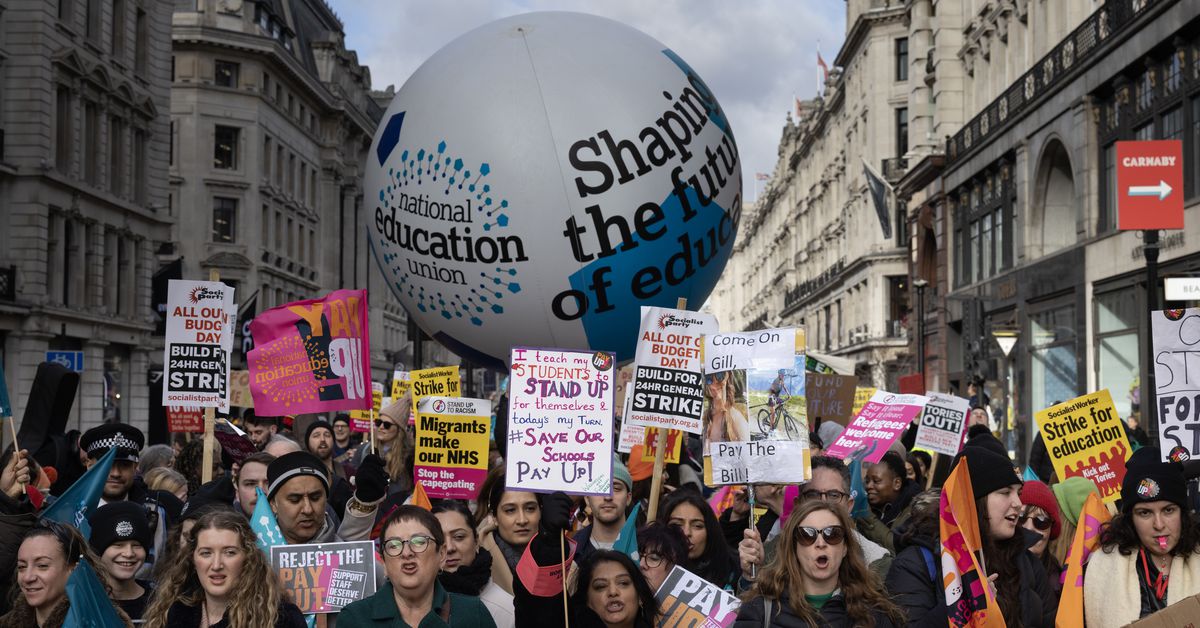Lawsuit calls on Argentina to apply principle of ‘universal jurisdiction’ to prosecute alleged abuses in Venezuela.
The Clooney Foundation for Justice has filed a lawsuit in Argentina accusing Venezuelan security forces of crimes against humanity.
Wednesday’s suit accuses Venezuelan authorities of using repressive methods such as torture and extrajudicial executions against political opponents.
“The titanic efforts of the victims to obtain truth, justice and reparation, in the face of the impunity prevailing in Venezuela, with the invaluable support of organizations such as the Clooney Foundation for Justice, must not fall on deaf ears,” Erika Guevara-Rosas, Americas director at the human rights organisation Amnesty International, said in a press release.
Human rights groups have called on Argentinian courts to prosecute the case under a principle known as “universal jurisdiction”, which allows for the investigation and prosecution of certain crimes, such as torture, from anywhere in the world.
The titanic efforts of the victims to obtain justice, in the face of the impunity prevailing in #Venezuela, with the invaluable support of #NGOs such as the @ClooneyFDN, must not fall on deaf ears. #Argentina’s courts cannot turn their back on victims https://t.co/7966a0q9Dx
— Erika Guevara Rosas (@ErikaGuevaraR) June 14, 2023
The International Criminal Court is investigating allegations of human rights abuses in Venezuela, and an independent United Nations mission concluded in 2019 that the government of Venezuelan President Nicolas Maduro had committed crimes against humanity.
The Clooney Foundation lawsuit was filed on behalf of two families with relatives who were allegedly targeted by Venezuelan authorities.
“We are talking about arbitrary detentions, torture, extrajudicial executions,” said Ignacio Jovtis, a lawyer with the Clooney Foundation, which was founded by actor George Clooney and his wife, human rights lawyer Amal Clooney.
“These are not isolated cases. The cases we are presenting are illustrative of ones that we have been documenting for years,” Jovtis added.
Venezuela’s warming regional ties
The Venezuelan government has pushed back against allegations that it has carried out human rights abuses, and Maduro’s government has faced a crisis of legitimacy in the wake of a contested 2018 election.
But in recent months, some of Venezuela’s neighbours have moved to restore ties with Maduro’s administration. In August, for example, Colombia resumed full diplomatic relations, and in January, Brazil followed suit.
Nevertheless, scrutiny of Venezuela’s human rights record has sparked tensions at recent meetings of regional leaders. At a summit in late May, Chilean President Gabriel Boric swept aside criticism that framing Venezuela as “anti-democratic” was simply a politically charged narrative.
“It’s not a narrative construction. It is a reality. It is serious,” Boric said, adding that human rights were “basic and important” for Chile.
Using universal jurisdiction
Wednesday’s lawsuit was filed in Buenos Aires, due to Argentina’s history of investigating alleged crimes against humanity in countries such as Spain and Myanmar under the principle of universal jurisdiction.
Amnesty International said that at least 20 states have “conducted investigations, initiated trials or completed trials” based on universal jurisdiction.
In 2010, for example, a complaint was initiated regarding alleged crimes against humanity carried out during the tenure of Spanish dictator Francisco Franco.
Argentinian courts have also previously opened an investigation into the possible genocide of the Rohingya people in Myanmar.
“Argentina is one of the few countries in the world that has applied universal jurisdiction,” said Jovtis. “We believe that we have a very strong case.”

















